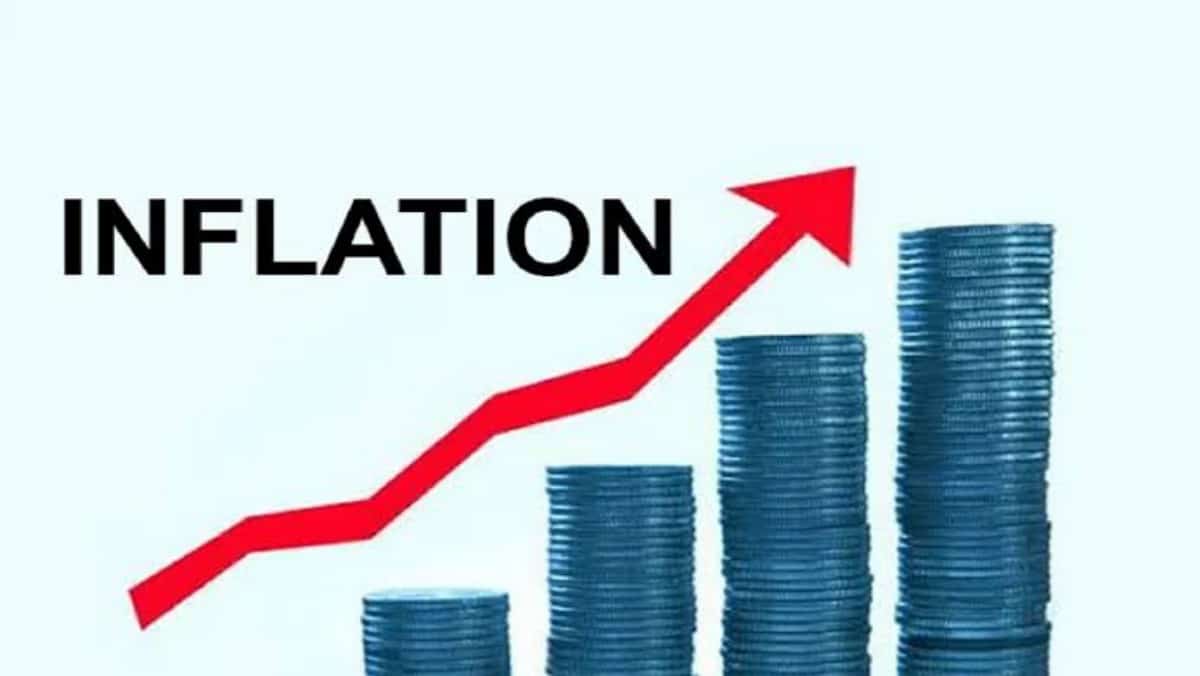Business
Lagos Chamber of Commerce and Industry (LCCI) decries increasing food inflation in the country.

According to Consumer Price Index report of last month released by NBS, “the composite food index rose by 22.72 per cent in April 2021 compared to 22.95 per cent in March 2021”.
See also Is Tobacco Sinful?
LCCI Director-General, Dr Muda Yusuf, said the inflation rate was very high, despite the 0.5 per cent decline from the March 18.17 per cent figure.
This translated to 0. 23 per cent decline, while core inflation soared to 12.74 per cent from 12.67 per cent during same period.
The LCCI chief said food inflation at over 22 per cent was still very high, in spite of the marginal moderation in food prices in April 2021.
According to him, in spite of the five-basis points moderation in consumer prices, inflation rate remained high, as it doubled the Central Bank of Nigeria’s upper target range of nine per cent.
Yusuf said the impact of monetary interventions on agricultural output had been undermined by several structural constraints, including insecurity.
He said the moderation was largely on account of base effect of current drivers of inflationary pressures, inclusive of productivity challenges, worsening insecurity, persistent foreign exchange illiquidity and high energy costs.
“LCCI notes the marginal moderation (year-on-year) in headline inflation as domestic prices accelerated by 18.12 per cent in April 2021 compared to 18.17 per cent reported in the previous month.
“This is first time the economy would witness a moderation in consumer prices since August 2019 when the Federal Government shut the land borders.
“The chamber notes the slight moderation in food prices on year-on-year basis in April 2021 (22.72 per cent) compared to 22.95 per cent reported in March 2021.
“However, food inflation at over 22 per cent is still very high in spite of the marginal moderation in food prices in April 2021.
“The situation has continued to impact the activities of every economic agent, including households, businesses and investors with profound impact on the citizenry, particularly the low and middle-income households.
“The high level of inflation continues to dampen consumer purchasing power at a time households income are not increasing in proportion to cost.
“High inflation environment also impact businesses in terms of rising production costs and depressed margins, making it increasingly difficult for corporates to deliver impressive returns to shareholders.
“This has implications for the sustainability of investment,” he said.
Yusuf was hopeful that the Monetary Policy Committee of CBN, set to meet next week, would concentrate on addressing the persisting inflationary pressure should the economy maintain its positive growth trajectory in the first quarter.
See also President Buhari Seeks approval for more loans.
“Tightening policy stance by raising the monetary policy rate would naturally have implications for interest rates across key segments of the financial market.
“Overall, we believe effective synchronisation of fiscal and monetary policies is crucial in the fight against high inflation,” he said.
During the period under review, NBS said on month-on-month basis, the food sub-index increased by 0.99 per cent in April 2021, down by 0. 91per cent points from 1.90 per cent recorded in March 2021.